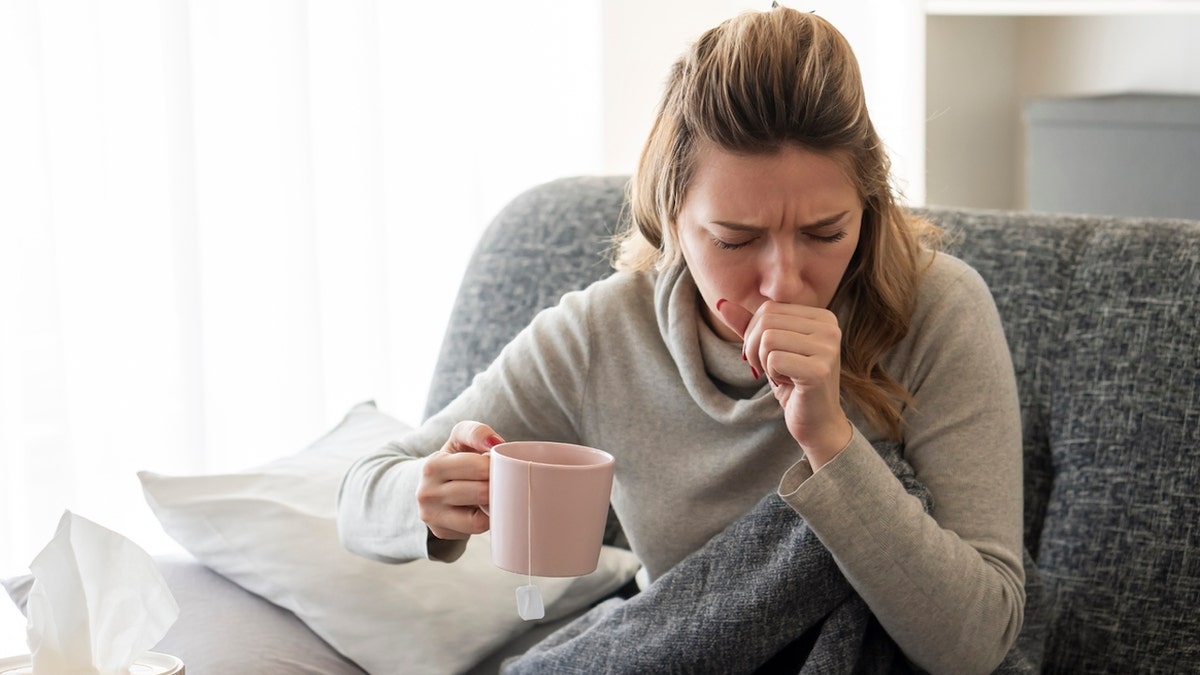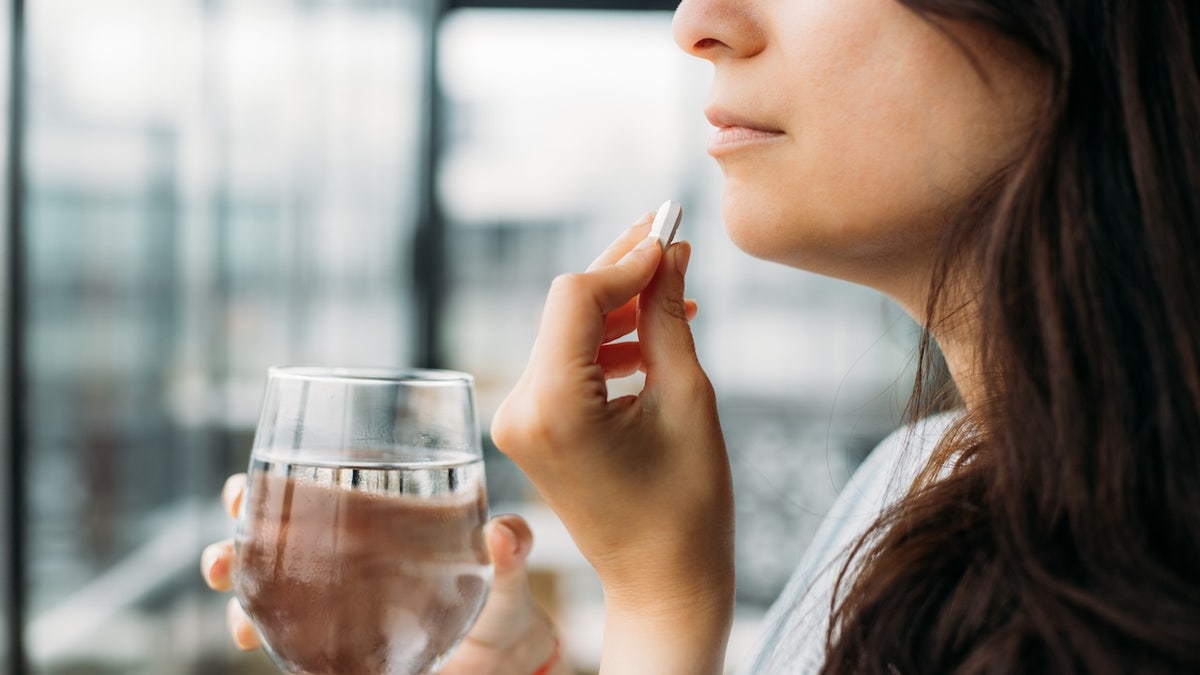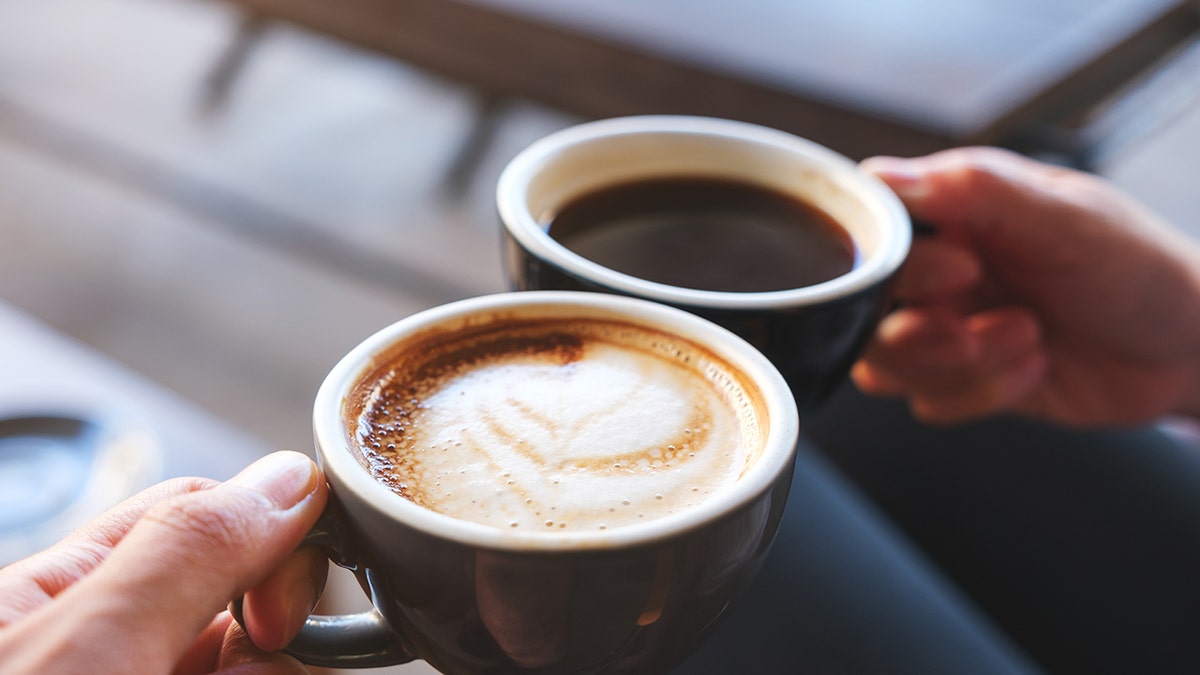NEWYou can now listen to Fox News articles!
For many people, the day doesn’t start until coffee does. But if you take prescription drugs or supplements, that caffeine hit might do more than perk you up: it can alter how your body absorbs medication, amplify side effects or dull a drug’s impact.
ENERGY DRINKS FACE NEW RESTRICTIONS ABROAD: COULD THE US BE NEXT IN LINE?
Here’s how caffeine interacts with different types of medications, and how to time your coffee to stay in the clear.
Medications that affect heart rate and blood pressure

Pairing coffee with drugs that influence the cardiovascular system can create unwanted overlap. (iStock)
Caffeine itself raises heart rate and blood pressure temporarily, so pairing it with drugs that influence the cardiovascular system can create unwanted overlap.
Blood thinners
Caffeine can affect how blood clots in the same way blood thinners do. That means, when combined, it may heighten your risk of bruising or bleeding, according to medical experts.
THAT MORNING CUP OF COFFEE COULD BE THE KEY TO A HAPPIER DAY, NEW STUDY SUGGESTS
Cold and allergy remedies
Many “non-drowsy” over-the-counter cold and allergy medications already contain stimulants to fight fatigue. Add coffee, and the combo can cause sleeplessness, jitteriness or raised blood sugar. This is why experts generally recommend skipping caffeine while taking stimulant-based cold remedies.
By contrast, drowsy formulas containing diphenhydramine don’t interact with caffeine in this way.

Many “non-drowsy” over-the-counter cold and allergy medications already contain stimulants to fight fatigue, so experts recommend skipping the coffee. (iStock)
Melatonin supplements
On the flip side, melatonin promotes rest. Drinking coffee near bedtime, or alongside melatonin, undermines its effectiveness. Research also suggests frequent caffeine use may suppress your body’s natural melatonin production over time.
CUTTING OUT ALCOHOL AND MEDICATING SOONER COULD PREVENT ‘SILENT KILLER,’ EXPERTS SAY
Blood pressure medications
Caffeine’s own short-term spike in blood pressure can lead to an increased risk of heart-related complications such as stroke or heart attack.
According to academic medical center and community hospital network, University Hospitals, blood pressure drugs also rely on consistent absorption to keep levels stable — something caffeine can easily disrupt, as is the case with the medications below.

Research suggests frequent caffeine use may suppress your body’s natural melatonin production over time. (iStock)
Medications that depend on steady absorption
Some drugs only work properly when absorbed under specific conditions. According to experts, caffeine can disrupt that balance.
Thyroid hormone treatments
The American Thyroid Association warns that coffee taken within an hour of thyroid medication can sharply reduce absorption. They recommend waiting 30–60 minutes before reaching for your cup.
CAN DRINKING SODA HELP MIGRAINES? DOCTORS REVEAL WHETHER BUBBLY DRINKS CURE HEADACHES OR NOT
Osteoporosis treatments
Certain osteoporosis medications must be taken on an empty stomach with plain water; pairing them with coffee can block absorption entirely. Research in Osteoporosis International also links high caffeine intake to a greater risk of bone loss over time.

Many medications work best taken only with water, so throwing coffee in the mix can make it less effective. (iStock)
Alzheimer’s disease drugs
Caffeine constricts blood vessels and tightens the blood-brain barrier, potentially limiting how much Alzheimer’s medication reaches the brain and reducing its therapeutic benefit.
Medications that interact through our nervous system and muscles
Caffeine is a central nervous system stimulant, which means it can either amplify or counteract drugs that affect brain chemistry.
Asthma treatments
Some asthma medications open airways by relaxing muscles, but their side effects include jitteriness and restlessness, which are similar to caffeine’s. Taken together, they can intensify these experiences, according to Harvard Health.

Experts recommend waiting 30-60 minutes between taking medication and drinking caffeine to avoid interactions. (iStock)
Mental health medications
Caffeine and certain antidepressants are metabolized by the same liver enzymes. If you mix them too closely, the interference may reduce the antidepressant’s potency, or amplify the stimulant effects of caffeine, according to University Hospitals.
‘HOTEL VIBES’ COFFEE HACK RAISES EYEBROWS AS EXPERTS WARN OF SLEEP QUALITY RISKS
The same source notes that caffeine can interfere with antipsychotic drugs as well, reducing their intended impact.
CLICK HERE TO SIGN UP FOR OUR LIFESTYLE NEWSLETTER
None of this means you have to abandon your morning coffee, because in most cases, it’s not the caffeine itself; it’s when you drink it.
MORE IN LIFESTYLE NEWS
Giving your medication at least 30 to 60 minutes of breathing room (or longer, depending on your prescription) usually allows both to work as intended.
CLICK HERE TO GET THE FOX NEWS APP
When in doubt, confirm with your doctor or pharmacist. A small change in timing can keep your treatment on track and your coffee habit intact.


